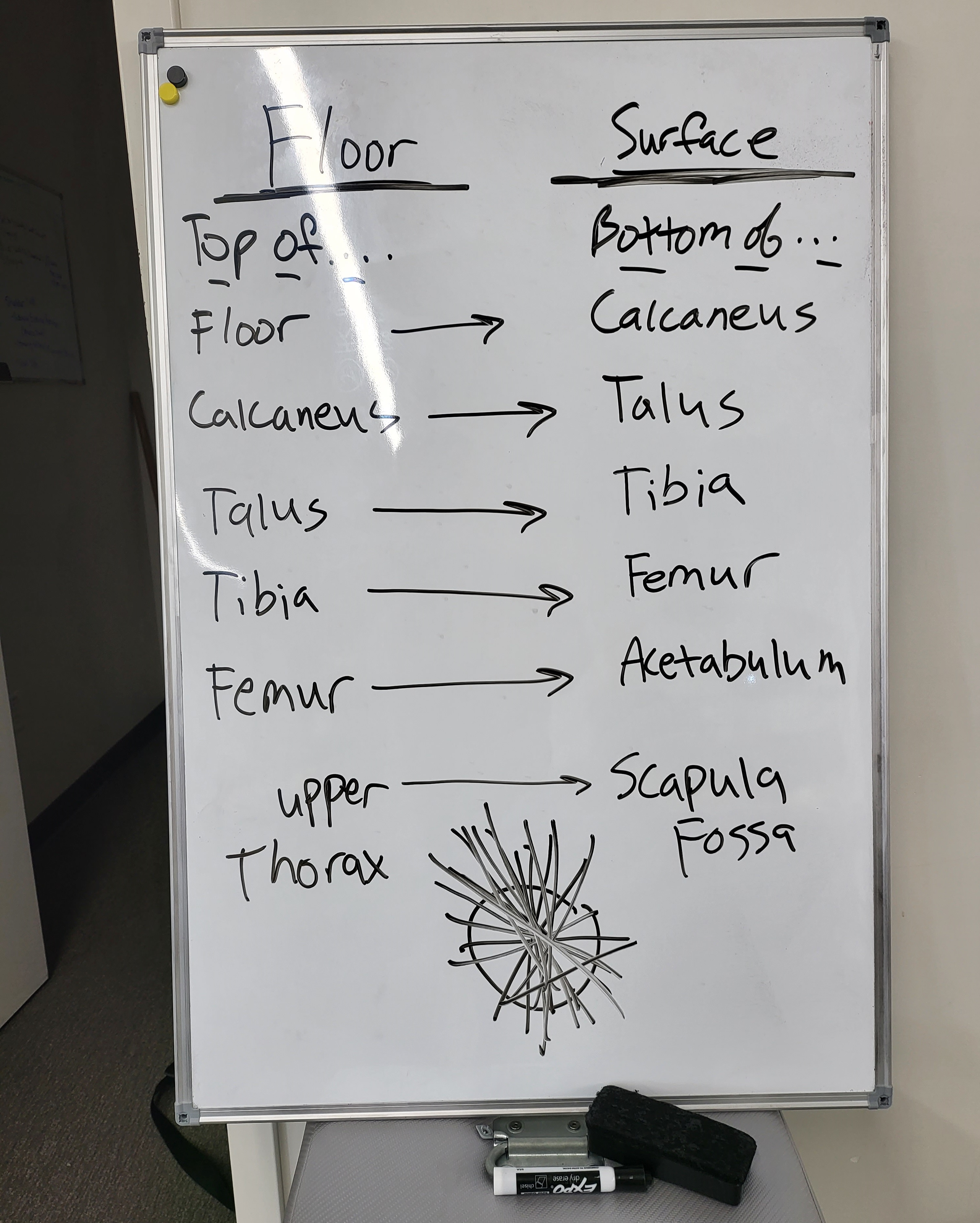Without a doubt, the opportunity to present the science of PRI to a live group of movement professionals was a great sign to me that we are getting closer and closer to the resumption of our previous "normal" lives. I had never had the pleasure of speaking in Massachusetts previously, and it was a wonderful experience. The newly updated Impingement and Instability course provides a neuromechanical explanation of the "why" behind many PRI concepts and how to apply the science to a variety of conditions and patient populations.
We were able to link the scapula to the calcaneus, femur, and pelvis, so by the time we got to scapular instability, we have the freedom to discuss other avenues of treatment and concepts that we previously were unable to discuss. This is the course we have the opportunity to dive into the concept of talar wobble, balancing hamstring activity, and the pressure sensitivity of the scapula.

Our exploration into the value of pressure management and how pressure is the "Morse Code" of postural and body awareness, as well as how the body learns to make changes to movement strategies was lengthy. This course provides the opportunity to go down some rabbit holes that we ordinarily are unable to proceed into in other courses.
My thanks to the entire Train Boston crew for a great venue and very welcoming experience. It was an honor to have three certified individuals attend the course: Mike Mullins, Donna Behr, and Phil DeNigris. It was wonderful for me to have your questions and feedback, and those who were newer to PRI appreciated it as well. Thank you for a wonderful weekend and getting back to "normal."


